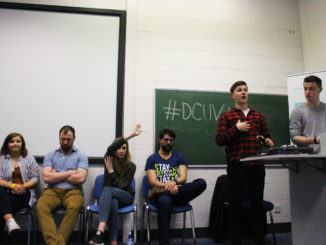
DCUSU Election Hustings: An analysis
The second day of the DCUSU Election hustings took place on the Glasnevin campus on March 9th, in which candidates had the opportunity to talk about their manifestos and answer questions from both the audience.

The second day of the DCUSU Election hustings took place on the Glasnevin campus on March 9th, in which candidates had the opportunity to talk about their manifestos and answer questions from both the audience.

One of two candidates for the role of VP Engagement and Development this year, Siobhán McTague, is the prime example of a multi-campus goer in Dublin City University. Having studied Irish on All Hallows Campus and Irish and Media Studies on Glasnevin Campus, Siobhán understands that each campus has a different spirit. Read more…
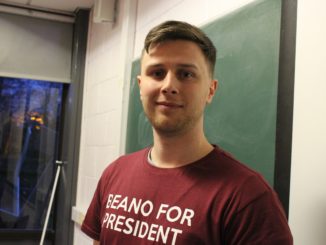
Niall Behan is a final year finance student, the current Business Faculty Rep and is one of five candidates running to be the next DCU SU President.

[dropcap]M[/dropcap]aria Lawlor is a final year St. Pat’s student studying Education and she is one of four candidates running to become next year’s Welfare and Equality Officer. She told The College View that Welfare and Read more…

Mathew Davey is a 22-years old is studying education in St. Pat’s. He was a class rep in his first year of university and in his final year, he is the uncontested candidate for Vice President for Education and Placement.
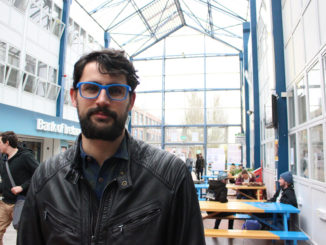
Ricardo Valdes Bango-Curell is currently completing a PhD in biotechnology, is originally from Barcelona, Spain and is running for the position of President of the DCU Students’ Union. Read more…
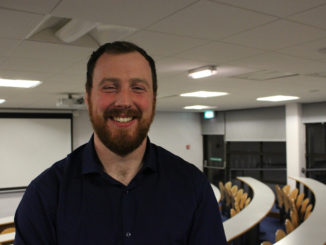
James Rooney is a final year Education student, a monthly platelet donor, a member of the Reserve Defence Forces and one of five candidates running to become this year’s Students’ Union President. Read more…
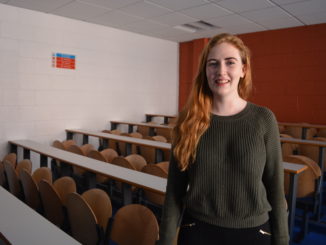
Sarah Sweeney is a final year Business Studies student. She is the current chairperson of the DCU ladies soccer team. She believes that she can push the idea of unity across all campuses.

Eimear Maguire is the current DCUSU Engagement & Development Officer. She is a former St. Patrick’s College student. She believes the role as president is the natural progression for her this year.
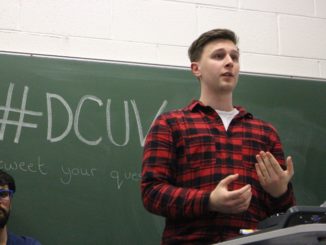
Candidates introduced themselves, outlined the main points of their manifestos and took questions from the floor. Read more…
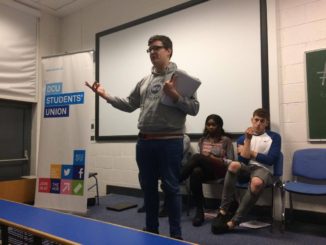
The second round of the Group One hustings for the 2017 Students’ Union elections took place on the Glasnevin campus today at 1pm.
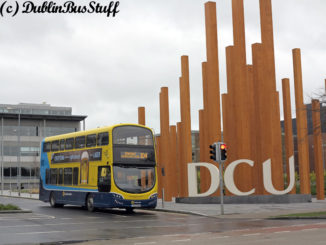
Plans to improve the infrastructure of the transport system surrounding DCU were presented at the North West Area Committee meeting two weeks ago.

DCU is one of twenty-five Irish campuses that are working to promote environmental education as part of the EcoCampus programme.
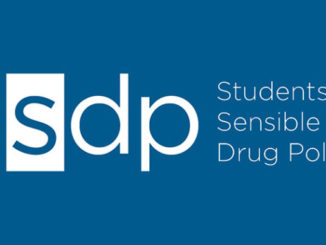
The 4th Annual National Students for Sensible Drug Policy (SSDP) Conference will be held in DCU for the first time, on March 11th.
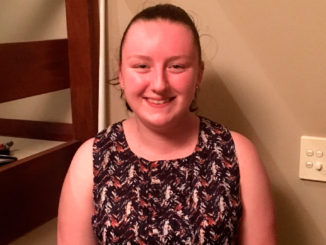
An Irish girl living in Perth is facing fees of €7,000 if she plans to start studying in DCU next year.

The newly completed LEGO Education Innovation Studio (LEIS) has been officially opened on DCU’s St Patrick’s Campus.

DCU students expressed mixed views on a new app which claims to be almost ‘as good as the pill’ at preventing pregnancy.
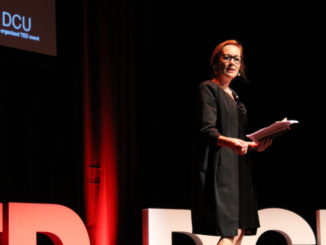
Acclaimed Irish playwright and DCU lecturer Marina Carr has been awarded the Windham-Campbell Prize for Drama from Yale University.
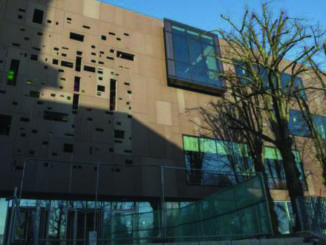
[dropcap]A[/dropcap] new permanent Students’ Union Centre opened up on St. Patrick’s Campus DCU in block D as a result of the Incorporation Programme, which included an integration of DCU’s Glasnevin and St. Patrick’s Student Unions. Read more…

DIT VP for Welfare Tara O’Brien organised an “Addiction Awareness” campaign this month to change the way students think about addiction. Read more…
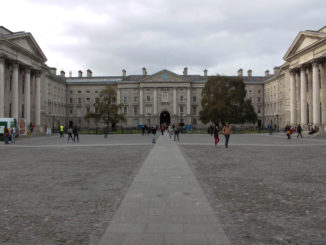
[dropcap]R[/dropcap]oughly 700 SIPTU members working in Trinity College Dublin are set to ballot for industrial and strike action in a dispute over the failure of being granted permanent contracts from management. Among the 700 non-academic Read more…
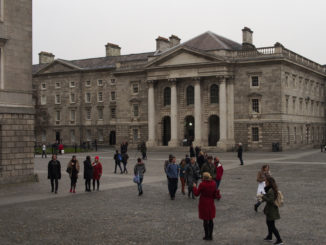
[dropcap]T[/dropcap]rinity College Dublin has been found to be in breach of advertising guidelines regarding a course listing on the university’s website.
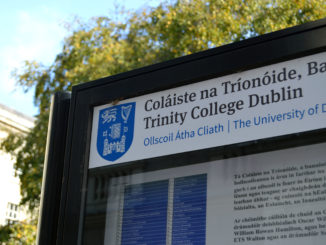
Trinity College Dublin students have votes in favour of the introduction of Christmas exams beginning in the academic year 2018/19 according, to the Trinity Student Union. Read more…

An EU grant worth €10 million is heading towards DCU research as part of the Marie Sklodowska-Curie actions (MSCA) initiative. Read more…
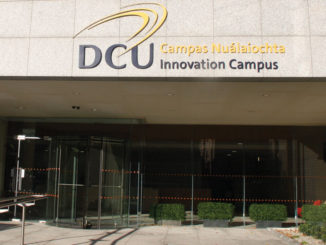
DCU Alpha explores the opportunities and challenges of the EU in capital markets, banking, finance and innovative technology. Read more…